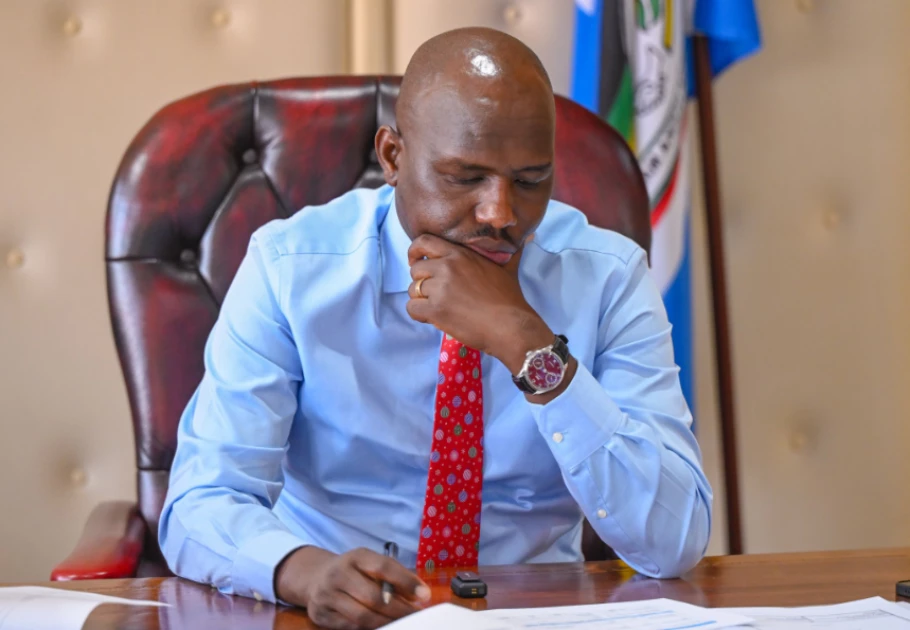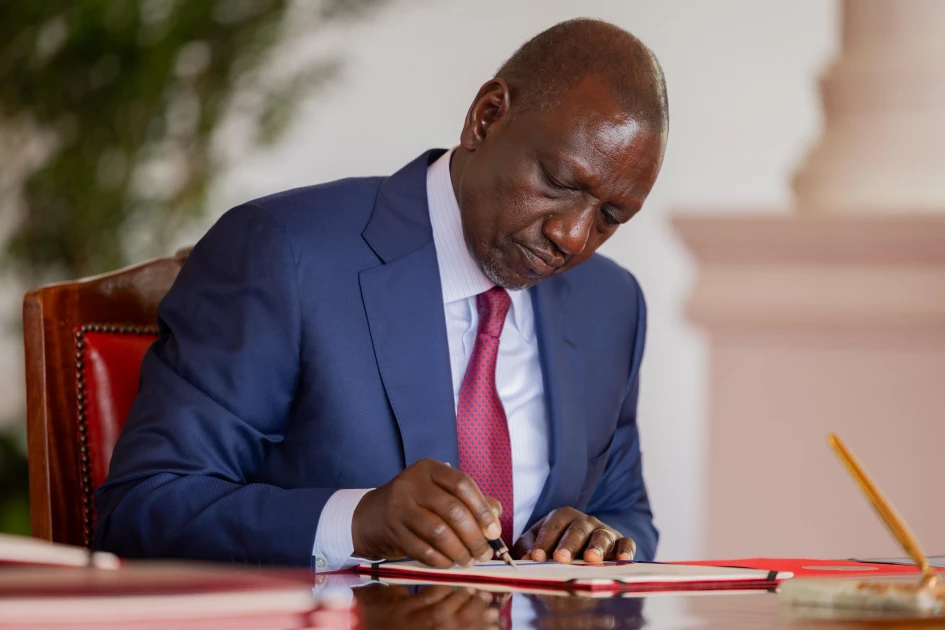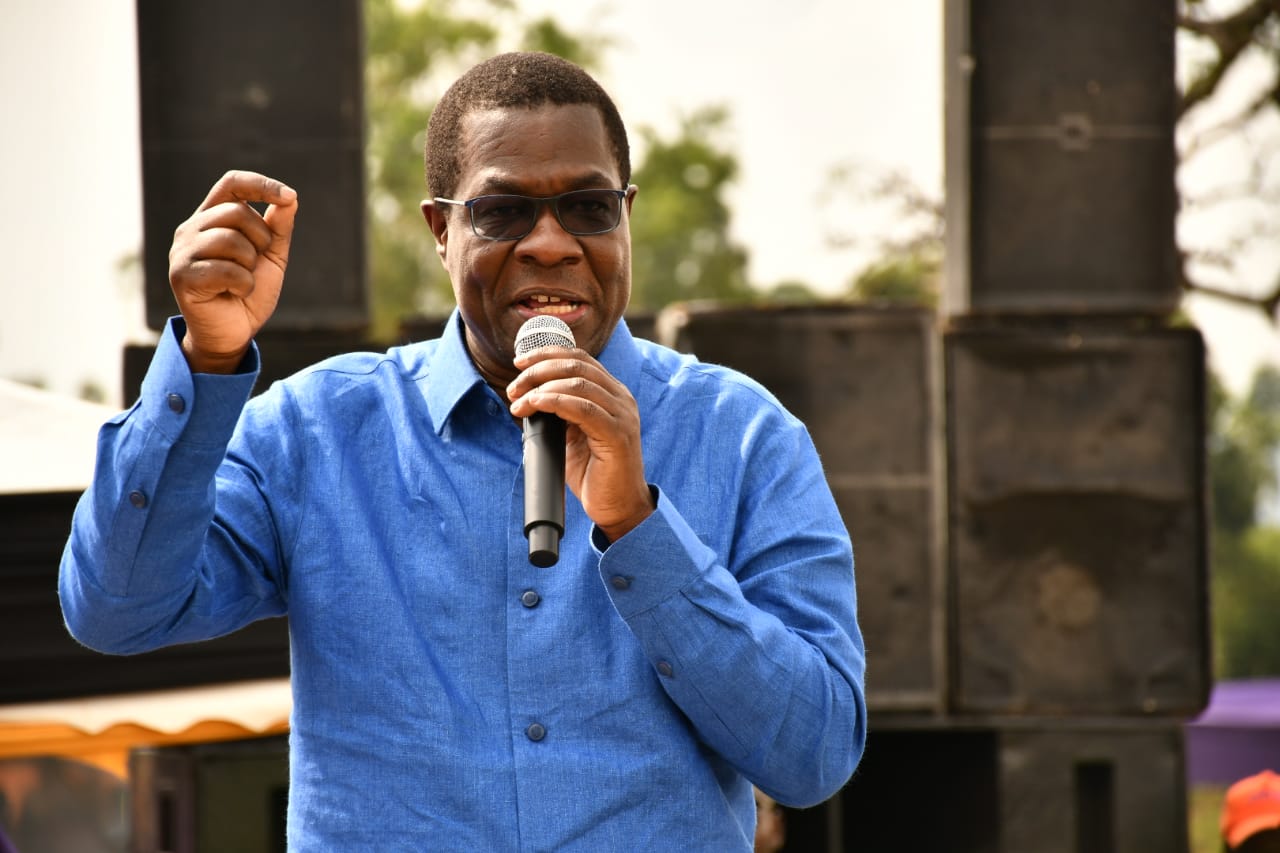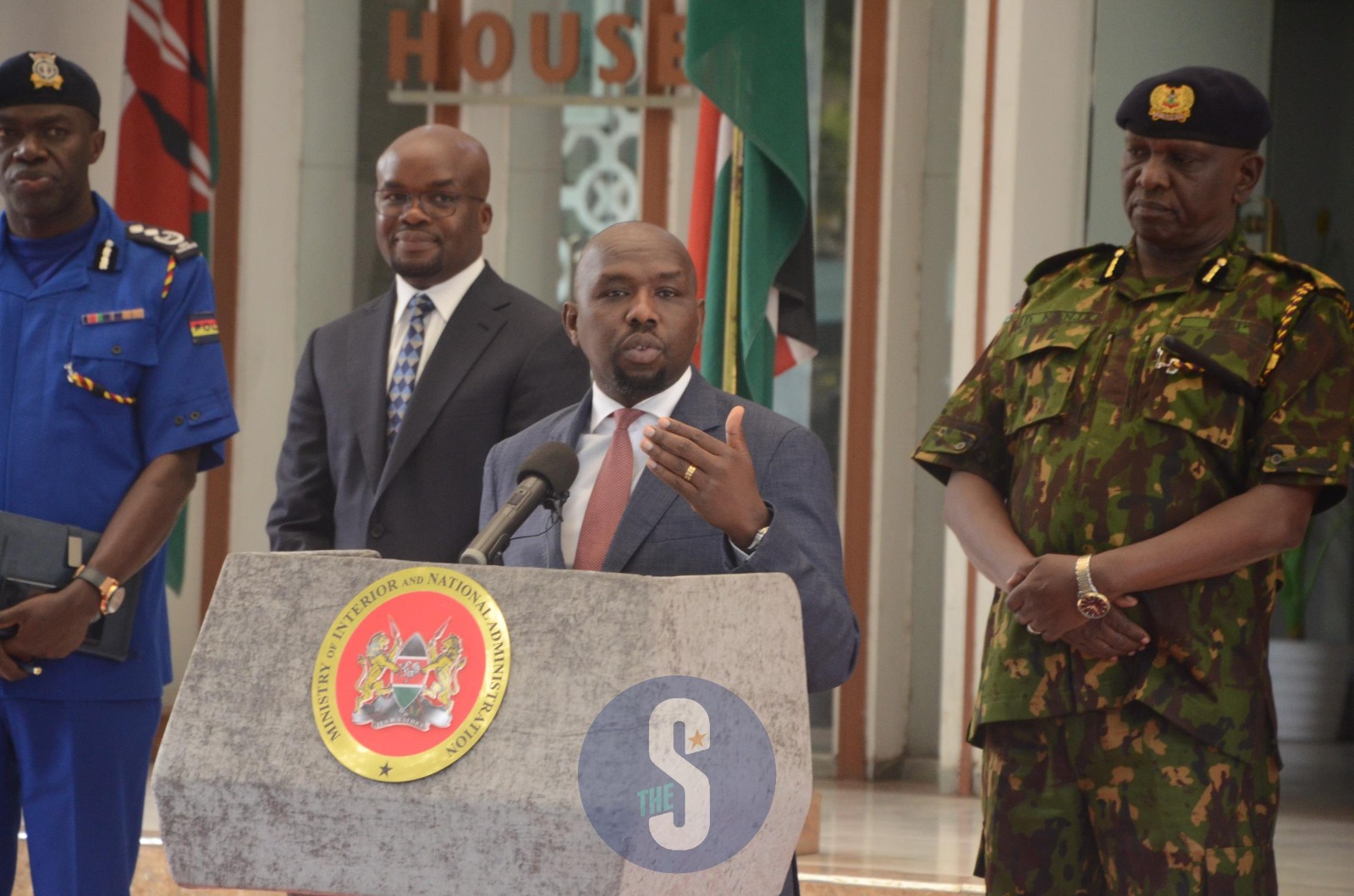Murkomen Unveils Sweeping Police Reforms to Boost Transparency and Community Trust
Interior CS Kipchumba Murkomen has unveiled major police reforms, including CCTV installation in all 1,209 stations and digital occurrence books. The reforms aim to boost accountability, professionalism, and public trust. This follows public outcry over the controversial death of blogger Albert Ojwang’ in police custody.
Interior Cabinet Secretary Kipchumba Murkomen has announced a transformative policy framework for the National Police Service (NPS), aimed at enhancing transparency, professionalism, and community trust within police operations across Kenya.
Speaking during a press briefing on Monday, Murkomen revealed a comprehensive reform agenda that will see all 1,209 police stations equipped with Closed-Circuit Television (CCTV) cameras over the next two years. This initiative, he said, is designed to make police stations “centres of excellence” and to restore public confidence in law enforcement institutions.
According to Murkomen, the CCTV systems will be managed directly by the Officer Commanding Station (OCS), who will be responsible for their functionality and integrity. To ensure accountability, the Interior CS said he will table proposals in Parliament to criminalize the tampering or disabling of CCTV systems, emphasizing that any malfunction should be reported within an hour. “We want to make it clear that there will be personal responsibility. If the cameras are not working, someone must be answerable,” he stated.
In addition to surveillance, the government will fully digitize Occurrence Books (OBs) in all police stations within the next year. This transition to digital record-keeping is intended to create a tamper-proof reporting system, allowing for better incident documentation and enhancing the credibility of police records.
Murkomen also announced the revival and strengthening of community policing programmes to foster collaboration between police officers and the communities they serve. “When the community trusts the police, crime prevention becomes a collective responsibility,” he said.
The new reform blueprint also includes mandatory, regular audits and performance reviews for police stations. These evaluations will be carried out independently to assess service delivery and ethical conduct among officers.
To further institutionalize professionalism, Murkomen disclosed that the NPS will roll out a continuous professional development programme. All police officers, regardless of rank, will be required to undergo annual training as part of a standardized curriculum. “This is aimed at instilling discipline, enhancing skills, and ensuring that our officers are up to date with modern policing practices,” he explained.
These reforms, the CS noted, will be implemented in collaboration with the Law Society of Kenya, religious leaders, and other stakeholders to ensure a holistic and sustainable transformation of policing in the country.
The reforms come at a time when the credibility of the police force has come under sharp scrutiny following the mysterious death of blogger and teacher Albert Ojwang’ while in police custody. Ojwang’ was arrested and booked at the Central Police Station, Nairobi, after allegedly posting content critical of a senior officer. However, the circumstances surrounding his death have triggered public outrage, especially after it emerged that critical CCTV footage from the station was missing.
Conflicting testimonies from police officers and medical staff have further deepened suspicion. While the police claim Ojwang’ collapsed in his cell after hitting his head, a report from Mbagathi Hospital revealed that he arrived dead, with visible bruises on the back of his head and a cold body, suggesting he died earlier.
The Independent Policing Oversight Authority (IPOA) is currently investigating the incident, with CS Murkomen emphasizing that the reforms are part of broader efforts to ensure such tragedies never happen again. “The lives of our citizens must be protected, not lost in the very places meant to uphold the law,” he stressed.
As Kenya moves forward with these ambitious reforms, the government hopes to build a modern, transparent, and people-centered police service, where justice and integrity are not just ideals but realities.













